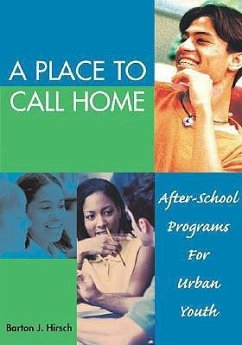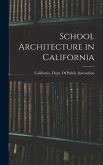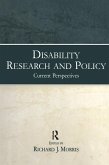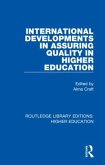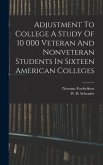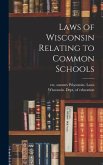These club environments are repeatedly referred to as a "second home" by participating youth and seem to thrive even though formal psychoeducational programs often fail to reach their full potential. After-school clubs offer critical resources to urban youth in their passage to adulthood. A Place to Call Home does a tremendous job of helping us to appreciate this fact. Clinical, community, and developmental psychologists, social workers, youth workers, and policymakers will discover much from Hirsch's analysis, abundant case illustrations, and verbatim field notes as well as fascinating quantitative results describing these successful after-school environments.
Barton J. Hirsch identifies the strengths of after-school settings while challenging them to rise to new levels of excellence. He describes his research conducted over a four-year period at six Boys & Girls Clubs all located in low income, predominantly minority, urban neighbourhoods.
Hinweis: Dieser Artikel kann nur an eine deutsche Lieferadresse ausgeliefert werden.
Barton J. Hirsch identifies the strengths of after-school settings while challenging them to rise to new levels of excellence. He describes his research conducted over a four-year period at six Boys & Girls Clubs all located in low income, predominantly minority, urban neighbourhoods.
Hinweis: Dieser Artikel kann nur an eine deutsche Lieferadresse ausgeliefert werden.

